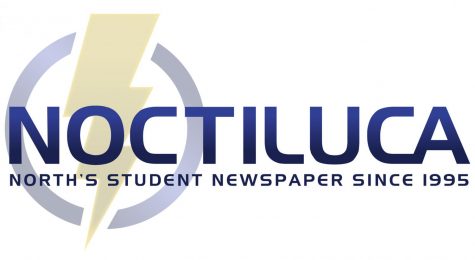Colonialism’s Survivors: National Native American Heritage Month
January 1, 2022
In her compelling poem, “Manhattan Is a Lenape Word,” indigenous Pulitzer Prize winner Natalie Diaz writes, “I’m the only Native American on the 8th floor of this hotel or any… turn-of-the-century building in Manhattan. Manhattan is a Lenape word… [so] How can a century or a heart turn if nobody asks, Where have all the natives gone? Diaz’s revolutionary poetry explores the nuances and challenges that present-day Native Americans face.
We celebrate Thanksgiving and think of cheerful ‘Indians’ chowing down alongside amable pilgrims. We prefer this digestible snapshot of history to the brutal truth: United States’ history has perpetually marginalized Native Americans. Since 1492, colonization has displaced indigenous peoples from their ancestral lands. For just as long, European views on land ownership and western ‘sophistication’ have subjected Native Americans to violence, thievery, and defilement.
The ramifications of history remain potent and detrimental. Globally, “indigenous peoples [still] suffer disproportionately compared to nonindigenous peoples …[they] face systemic discrimination and exclusion from political and economic power; they continue to be over-represented among the poorest, the illiterate, the destitute; they are displaced by wars and environmental disasters;…dispossessed of their ancestral lands…deprived of their resources for survival, both physical and cultural;…even robbed of their very right to life” (UN Permanent Forum on Indigenous Issues, 2009). We further disrespect Native Americans through our insensitivity. A Google search for ‘Indian chief costumes’ yields over 30,600,000 results. In 2017, we tossed around the word ‘savage’ without understanding that European colonizers used this as a slur against the Native Americans they raped and enslaved. In 2020, Megan Thee Stallion and Jason Derulo, two non-indigenous artists, both released music containing this derogatory term. Life under these conditions further radicalizes indigenous Americans.
Native Americans battle the undeniable demons of history. Unfortunately, we often focus on their hardships at the cost of recognizing their bravery, their survival, their rich culture, and their incredible contributions. In 1986, President Reagan established the last week of November as “American Indian Week,” which has since evolved into National Native American Heritage Month, “a time to celebrate the many contributions of the Indigenous peoples of the United States” (Marisa Page, 2021). Native Americans’ enthralling stories and traditions. Their achievements and victories over both loss and oppression. These live long after November dies. Indeed, November will fade into December, but Native Americans, and their indefatigable strengths, will not.
Appeared in Noctiluca‘s November 2021 Issue


